|
Amid growing international criticism of human rights abuses in Zimbabwe, the hero’s funeral of Perence Shiri has stirred further debate. Shiri most recently served as minister of land and agriculture. But many Zimbabweans remember him as the military man who led the Fifth Brigade and the Gukurahundi, the massacre of the country’s Ndebele people in the 1980s. While the Zimbabwean state – first under Robert Mugabe and more recently under Emmerson Mnangagwa – has always demanded silence around the genocide in the name of nation-building, the country’s artists have created an archive of historical memory of the Gukurahundi. Gibson Ncube considers these collected accounts of writers and visual artists in Zimbabwe.
France has always seen itself as the protector of its former colonies. It is, however, presenting its current involvement in the Sahel as a new, and more multilateral form of intervention. But is it a clean break with its early postcolonial past, characterised by unilateral intervention practices? Tony Chafer and Gordon D. Cumming argue that while there has been a shift in French interventionism, elements of the old remain. The novelty of
the French interventions in the Sahel, therefore, is open to question.
|

A scene from a play about the Gukurahundi genocide, 1983 The Dark Years, performed in Harare in 2018.
JEKESAI NJIKIZANA/AFP/Getty Images
Gibson Ncube, University of Zimbabwe
Artists are filling the state's silence by revisiting history so that it can be discussed.
|
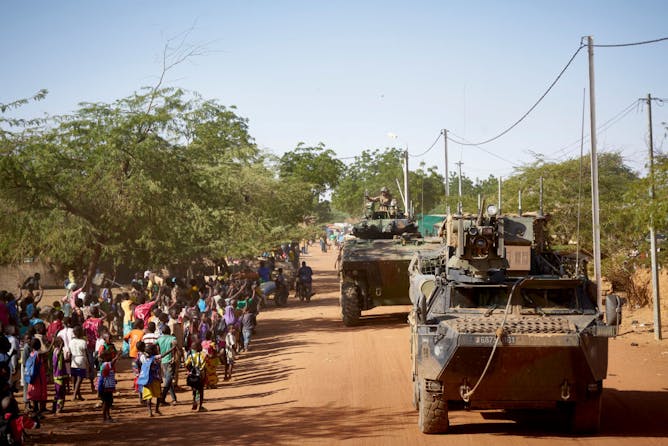
French soldiers patrol in armoured personnel carriers during the Barkhane operation in northern Burkina Faso in 2019.
Michele Cattani/AFP via Getty Images
Tony Chafer, University of Portsmouth; Gordon D. Cumming, Cardiff University
More than 20 years after the shift from unilateralism to multilateralism, it is reasonable to wonder how multilateral France’s ‘new interventionism’ really is.
|
Health + Medicine
|

Lara Marks, University of Cambridge; Ankur Mutreja, University of Cambridge
Scientists at Cambridge are developing a lab-in-a-briefcase for rapidly and cheaply identifying disease-causing bacteria.
| |

William Petri, University of Virginia
Some viruses can hide out in the body and reemerge at later times. Which viruses do this, and can the new coronavirus do this too?
|
|
|
Environment
|
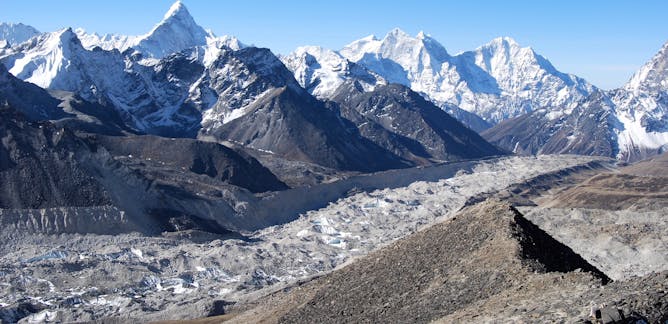
Ann Rowan, University of Sheffield
How speculation came to be presented as scientific fact and inspired a decidedly non-glacial race to discover the future of Himalayan glaciers.
| |
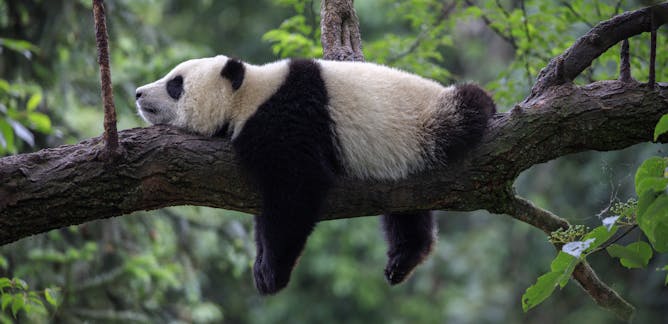
Jason Gilchrist, Edinburgh Napier University
Pandas have done more to raise awareness of biodiversity loss than any other species. But they may not be good at stopping it themselves.
|
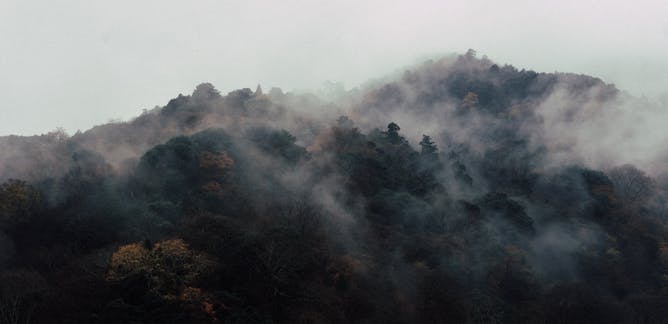
Tom Pugh, University of Birmingham
The age of a forest can influence how effectively it offsets our emissions.
| |
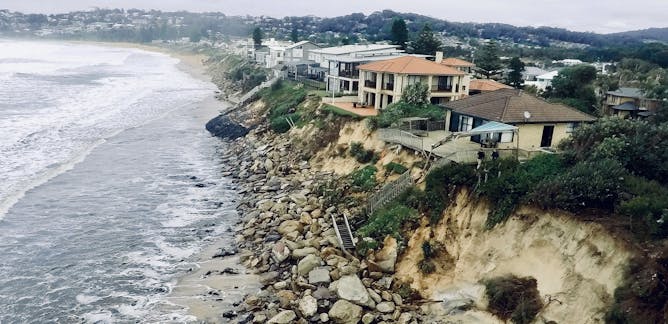
Ebru Kirezci, University of Melbourne; Ian Young, University of Melbourne
In Australia, coastal flooding is expected to be worse along the northern coast in Queensland, Western Australia and the Northern Territory.
|
|
|